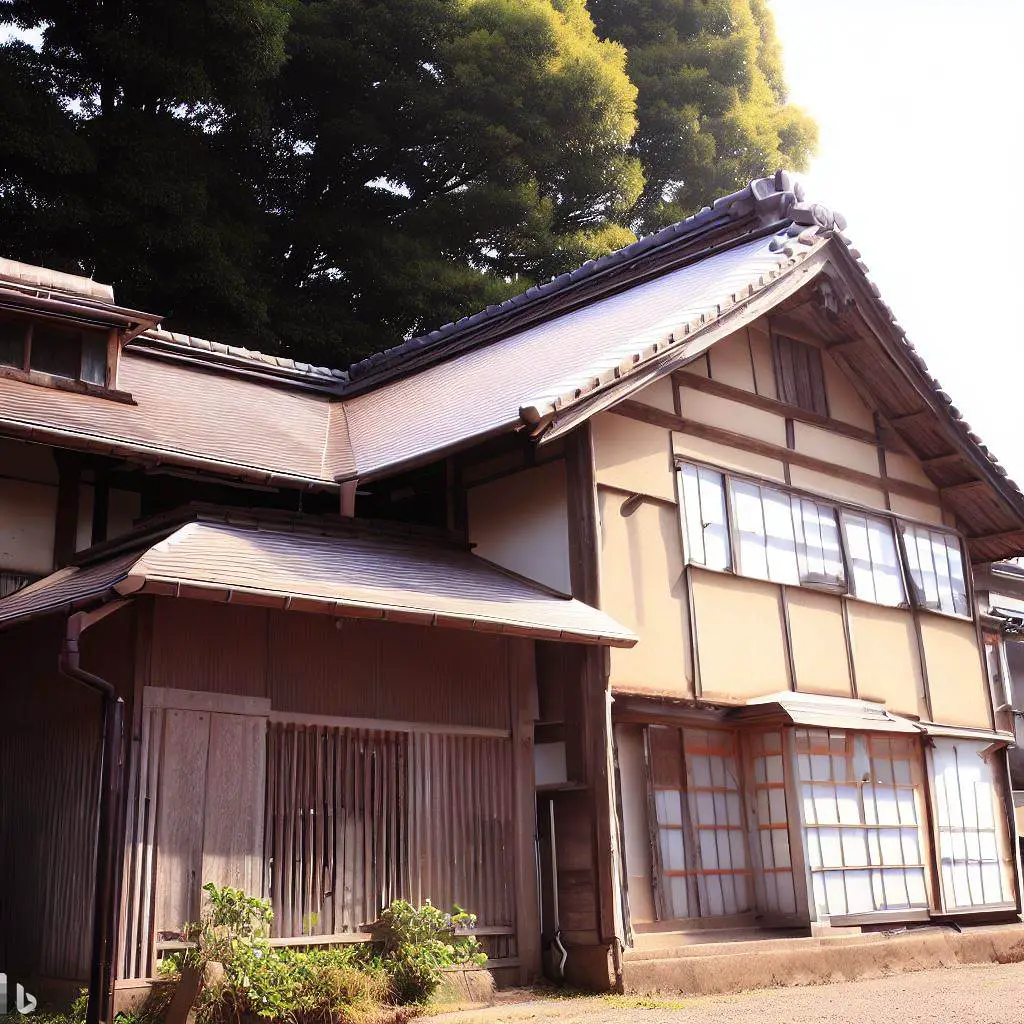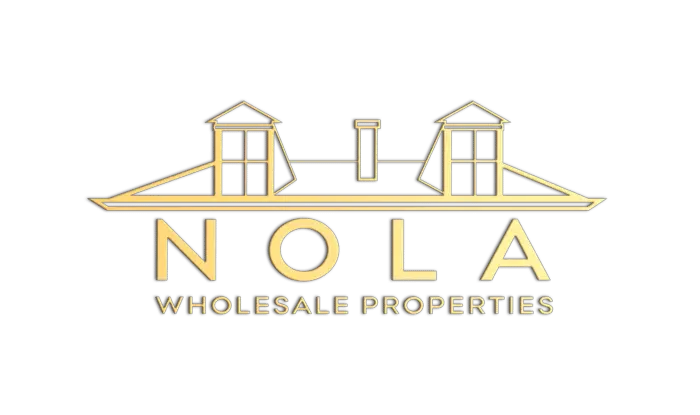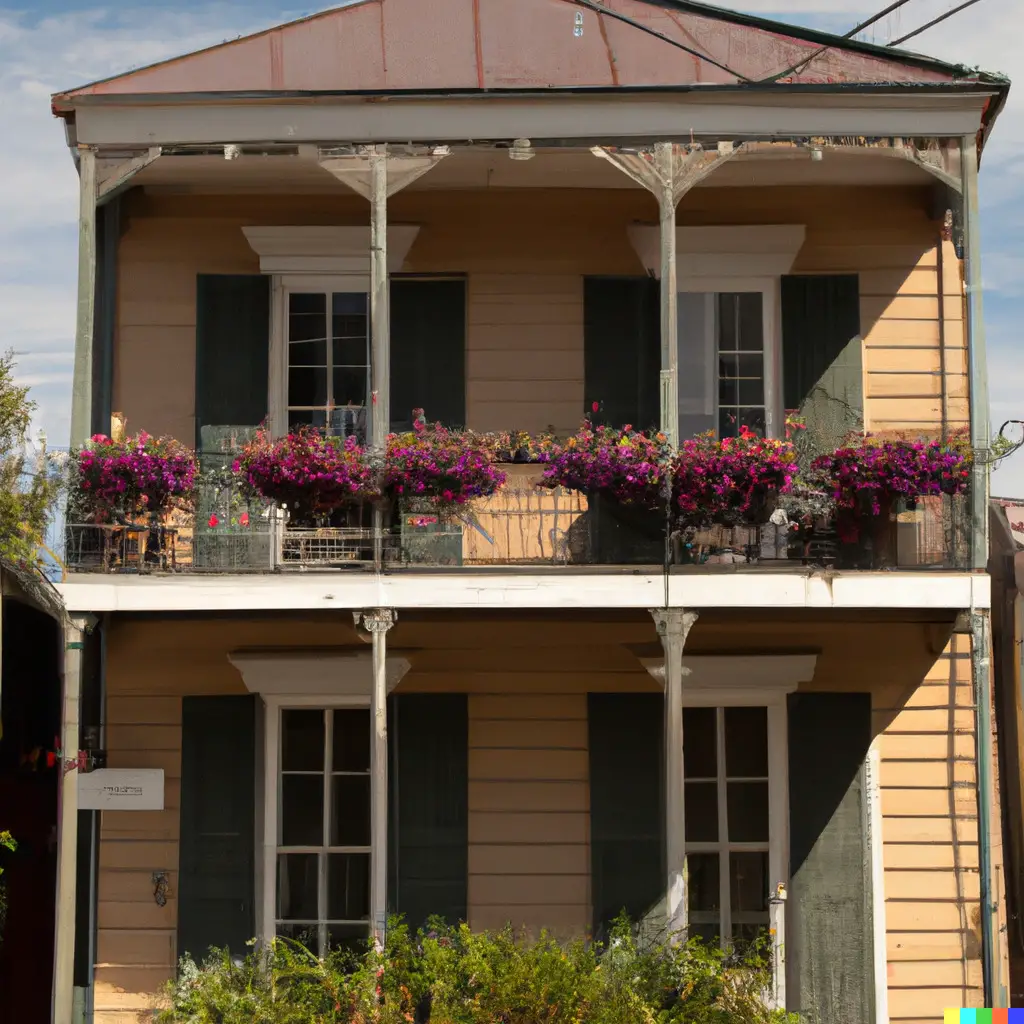
You’ve inherited property and don’t know what to do next. You need to understand the process in order to make the right decision. Here is a breakdown of selling an inherited home in succession (probate) in Louisiana.
The first thing to know is that selling an inherited family home is a complicated and often messy, drawnout process. The good news is, it doesn’t have to be. First, it is important to understand why you’re selling the house to begin with. Oftentimes, in order to avoid any disputes among family members, it’s critical that all parties involved come to an agreement on why you’re selling the house to begin with.
Maybe the home is simply unwanted property, is a burden and is creating strife and strain within the family. In this case, the property owners are often looking for a quick, pain-free exit.
Key questions to ask are:
- Does it matter what happens to the house after you sell?
- What condition is the house, and do you care whether the next owner invests in a remodel or converts it into a rental property?
- Do you just want to get the maximum amount of cash? Or do you want to sell it as quickly as possible?
How Soon Can You Sell Inherited Property?
The ownership of an inherited property typically must be transferred to heirs through the probate process, also known as a succession in Louisina. The probate process and transfer of ownership to heirs begins immediately upon death.
The length and complexity of a succession depends on a number of factors, including the value and type of property involved, the debts owed by the deceased, and whether or not there is a conflict among surviving family members. Heirs are often unfamiliar with the process, and are often told by the bank, mortgage company, or attorney that they simply need to “open a succession” before they are able to refinance, get a home improvement loan, or sell the inherited property.
Typically, a succession should be opened as soon as possible, because any delays can cause problems, including making the eventual sale more difficult due to lost documents, or even facing a potential foreclosure due to unpaid taxes accumulated over time.
Can you sell an inherited property before succession is completed?
In the state of Louisiana, you cannot sell an inherited property before the succession process is completed. Once a succession has been finalized, the next step in selling your probate property is finding a buyer. Once a buyer has been found, you must then work with a title company to ensure that the property is free of any claims by outside parties, including state or local governments, lenders, the IRS, or any other party before ownership can be transferred. Completing a succession alone does not mean there is a clear and free title to the property. Many times, unpaid state, local, or federal taxes, or even outstanding mortgages or bills with contractors can dirty up the title to a property.
If you have inherited a property, you may not be aware of any debts or creditors’ claims until you go to sell the property. It can be a good idea to purchase a title search through a title agency or real estate attorney to see if there are any issues that need to be resolved prior to selling.
Options for Selling Inherited Property
There are three main options you have when selling your inherited house.
Selling an inherited property to a family member
A lot of times, there is that one family member who wants to keep the house for sentimental or financial reasons.
Often the family member who wants to purchase the home cannot actually afford it. This can result in a sticky situation where the family member ends up trying to rent the home and eventually has to be sued in order to be evicted for nonpayment.
If you do choose to rent to a family member, protect yourself with a written lease agreement and by having a dedicated family member responsible for evicting the family member if it comes to that. Unfortunately, in our experience, renting to a family member usually ends up in the heirs going to court for an eviction, most often ending in burned bridges and broken relationships, so make sure that you keep any rental agreements on a business level to avoid potential heartache later on.
Selling an inherited property via a realtor
Selling your inherited property via a real estate agent often gets you the highest sale price for your property, but it is usually not the fastest method, and, for many succession properties, it is far from the best option.
Inherited homes are often in states of serious disrepair after long periods of neglect and lack of upkeep, requiring expensive repairs and extensive maintenance costs which can make sales to a homeowner difficult.
In any case, if you do decide to list your home with a real estate agent, be prepared for a lengthy closing time and an extensive negotiation process with any potential buyers. Any potential sale will usually be contingent upon the potential buyer securing financing and the home passing inspection. Again, this can be very difficult if the home is in bad shape and is far from sale-ready.
You might think that remodeling the home and getting repairs done will make this process easier, but such costly decisions often involve untold family heartache, pain, and turmoil over deciding the extent of the repairs, who will fit the bill, etc.
Selling an inherited property to a cash buyer
Selling an inherited property for cash without a realtor is a popular choice because it is often the fastest and most painless option. With legitimate cash buyers, there won’t be any inspection or financing contingencies so they can close the sale of the property within one week.
Cash buyers can be an especially good option if the house needs work. The right cash buyer is able to add value through construction expertise that neither you nor homeowners can create.
Beware, however, of wholesalers. Wholesalers don’t add value to your property by investing in the property. Wholesalers don’t flip houses. Wholesalers flip contracts. Wholesalers act as a middleman by negotiating a contract with you and then selling (or assigning) that contract to an actual flipper. You can put the most money in your pocket by bypassing wholesalers and selling directly to a cash buyer who is going to add value to the house.
Many of the “We Buy Houses” yard signs you see at intersections are actually wholesalers. Ask any cash buyer for examples of houses they have purchased and remodeled. If they can’t provide multiple examples, they are likely a wholesaler who is going to sell your contract to someone else for a profit. If the wholesaler can’t find a buyer for your contract, they will walk away from the contract.
Instead of selling to a middleman, bypass the wholesaler and sell directly to a reputable flipper.
Considerations When Selling Inherited Property
Market Conditions
If you consider delaying the sale of the property for better market conditions, keep in mind the costs of holding a property. In addition to property taxes, mowing, utilities, insurance and maintenance, vacant houses don’t age well and are very vulnerable to vandalism. This is why it’s so expensive to get insurance on a vacant property.
Renting is an option, but there are significant holding costs with that, too. Unless you intend to hold the property for over 5 years, the best time to sell is probably now, because the condition of the property will only deteriorate unless someone is caring for the inherited house. You can always take the cash and invest it in another investment vehicle that doesn’t require mowing, plumbers, and property insurance.
Condition of Home
When you inherit a house, understand water is the enemy. Water is the enemy of all houses and especially so in non owner-occupied houses. Termites and mold are the biggest risks in vacant houses and the cause of both is water. If you inherit a house, keep the gutters cleaned out and downspouts flowing away from the foundation. Most water damage can be traced to poorly maintained gutters, but that’s not the only source.
Make sure pipes are properly winterized in any vacant house, because a burst pipe can go unnoticed for days or weeks when a property isn’t occupied. Mold grows really fast where heat pumps are not circulating air. If there are upstairs bathrooms or air conditioning units in the attic, be sure the pipes are turned completely off because the worst kind of leak is the one that’s on the second floor.
The second worst is the one in the crawl space because termites are subterranean and bore vertically from the ground to the roof. If you are renting a house, the renters have no reason to check the crawl space for water intrusion and that is of critical importance. If the roof is old, consider replacing it, because this will both protect the property and add value to it.
Squatters in Inherited Property
Squatters are people who live and often do business in vacant houses. While you are deciding on how to sell your inherited house, keeping the yard mowed and lights on will help deter squatters. If you find someone living in the property, do not confront them without authorities present. Squatters have rights and you can be liable for handling the situation improperly. Worse, there might be drugs or drug related business occuring that could put you in harm’s way.
Need Help Selling an Inherited Property in Louisiana?
As you can see, there’s quite a lot to consider when thinking about selling an inherited property. If you are looking for a cash home buyer to close quickly and provide you with a fair, all-cash offer on your inherited house in New Orleans or Louisiana, choose a reputable company like NOLA Wholesale Properties to provide you with the knowledge and experience to ensure a smooth and seamless transaction.




